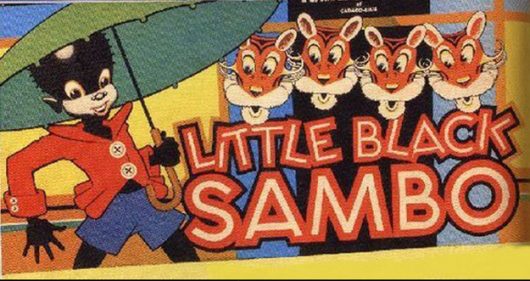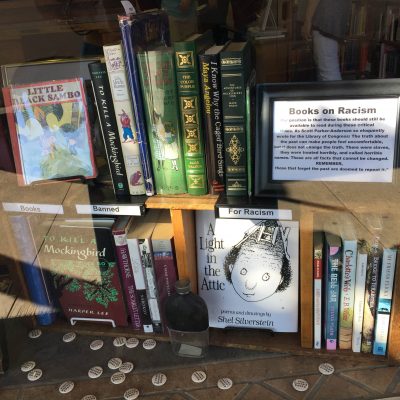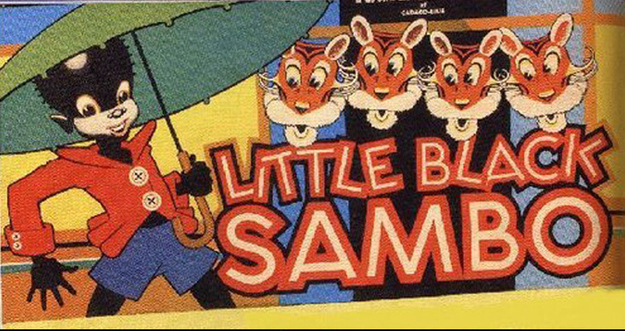 The Oregon Shakespeare Festival (OSF) has been embroiled in a clash with a local bookstore since festival actors and staff objected to a book display they claimed contained racially insensitive materials.
The Oregon Shakespeare Festival (OSF) has been embroiled in a clash with a local bookstore since festival actors and staff objected to a book display they claimed contained racially insensitive materials.
As part of a "banned books section" intended to educate store visitors about frequently challenged and controversial books, the Shakespeare Books & Antiques bookstore in Ashland, Oregon, displayed works such as 1937's "Little Black Sambo" and "The Adventures of Huckleberry Finn" in the front window. The books were part of a collection intended to showcase works banned for racial reasons. "Little Black Sambo", for example, became notoriously controversial for its racial carricatures.
When staff from the nearby Oregon Shakespeare Festival took notice of the display they deemed it "hurtful and offensive," proceeding to draft a letter to the bookstore owner, Judi Honoré , asking that she remove the books from public view. Ms. Honore refused OSF's request and so the Festival subsequently announced they will be boycotting the bookstore.
In an interview with NCAC, Ms. Honoré explained why she refused to take the books off the display. “These books should be available in these critical times. I’ve had the window for four years and I’ve never had a problem until now. It’s an educational thing," she said. Ms. Honoré , who holds a Masters in Education, said she would not allow the OSF to bully her into removing the books from display.
The Executive Director of the OSF, Cynthia Rider, said in an interview with the Oregon Mail Tribune that the Festival's concern is about making Ashland as "welcoming and hospital" as possible. "We wanted to respectfully and with care, communicate about a very offensive illustration in a book. There is a lack of empathy in how it lands on people of color,” she said.
The display was first brought to Rider's attention after African-American staff members of the Festival noticed that "Little Black Sambo" was

The "banned book" display
Ms. Honoré is not without her supporters, however. City Councilor Carol Voisin has said she "found nothing offensive about the display," describing it as "illuminating."
Ultimately, however, whether someone takes offense to something like a "banned books section" in a bookstore or library is irrelevant. The books were, of course, banned for a reason. The questions that should be asked around such a display is not how best to satisfy people's tastes and sensibilities but rather what teachable moments can arise out of the display: What lessons from the past can be brought to bear on the problems and issues that linger in the world today.
Indeed, speaking to NCAC about her experience, Ms. Honoré said concealing controversial works from view is an attempt to change or sanitize often brutal parts of history. "I have windows filled with banned books," she said, "everything from the Lorax to Harry Potter to Mein Kampf to Brave New World. I did it as an educational process, and it’s been such a joy in my life for the last for years. People stand outside the window and ask why the books are banned.”


